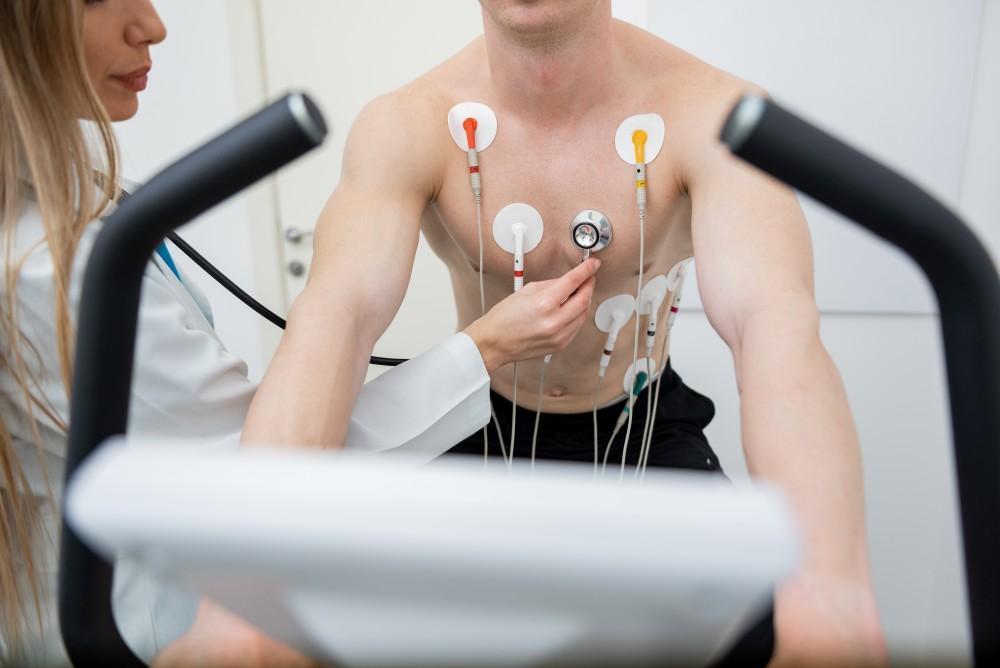
Is Heart Failure Reversible?

Over 65 million Americans have heart failure, according to the Centers for Disease Control and Prevention. While you might suspect that heart failure has symptoms similar to heart attack, that’s not the case. The most common symptoms for heart failure include swelling in the legs or abdomen, shortness of breath (especially while lying down), and fatigue.
Because these symptoms can also occur from other conditions, it’s important to get an accurate diagnosis so you can get the right care. At Harlem Cardiology in East Harlem, New York, Dr. Henock Saint-Jaques diagnoses heart failure and offers several different treatment options.
If you’re just learning about heart failure, one of your first concerns is how to manage the condition and if you can reverse the condition. Continue reading to learn more.
Understanding what heart failure is
Heart failure is often called congestive heart failure, or even just CHF. This doesn’t mean that your heart fails to pump or that it stops pumping, but it does mean that your heart is failing to pump as much blood as it should.
Because heart failure is such a serious condition, it’s normal to wonder if heart failure is reversible. However, there are many factors that determine the severity and prognosis of heart failure.
Common causes of heart failure
Heart failure occurs when the heart is damaged and/or weakened by a defect, infection, or scarring. Examples of conditions or events that damage the heart include:
- Heart attacks
- Faulty heart valves
- High blood pressure
- Myocarditis (an inflammation of the heart)
- Congenital heart defects
- Abnormal heart rhythms
In addition to the above, your heart muscle can also be weakened by other underlying health conditions such as diabetes. You can reduce your risk of developing heart failure by managing underlying health conditions, getting regular exercise, and maintaining a healthy weight.
So, is heart failure reversible?
There are many options for correcting heart failure, including surgeries. For example, if a faulty valve contributed to congestive heart failure, Dr. Saint-Jaques may suggest surgery to replace the valve. Pacemakers are another option to help improve the function of your heart.
Because there are many conditions that can damage the heart, it’s important to receive a full work-up and examination so that Dr. Saint-Jaques can recommend the right treatment plan — whether that’s surgery or medication — for your specific needs.
Managing your heart condition
At Harlem Cardiology, we take cardiac care seriously. If you experience any of the symptoms of heart failure — shortness of breath, swelling, irregular heartbeat — don’t hesitate to get the care your heart needs.
To learn more about your options, make an appointment at Harlem Cardiology today by calling our East Harlem, New York, clinic at 646-381-2181. Additionally, you may request an appointment online anytime.
You Might Also Enjoy...


3 Ways Your Cholesterol Numbers Predict Heart Disease Risk

What 5 Warning Signs of a Heart Attack That Often Get Ignored?

Are Varicose Veins a Health Concern?

What's the Difference Between "Good" and "Bad" Cholesterol?


